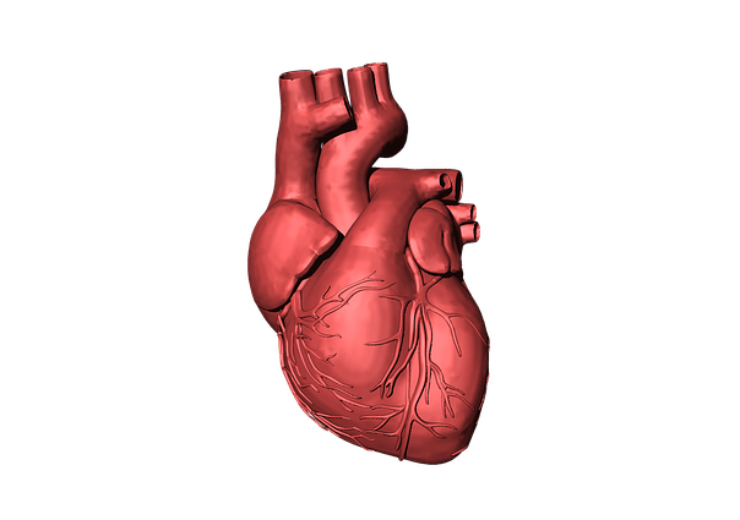Masters valve is claimed to be the world's smallest mechanical heart valve, while Amplatzer Piccolo is the world's first medical device that can be implanted in the tiniest babies

Image: Abbott has secured CE mark for two paediatric heart devices. Photo: courtesy of Reaper DZ from Pixabay.
Healthcare firm Abbott has secured CE mark approval for two paediatric heart devices, including Masters HP 15mm rotatable mechanical heart valve and the Amplatzer Piccolo occluder.
The heart devices, which are already available in the US, have been developed to offer improved treatment for babies and children.
Masters HP rotatable mechanical heart valve and Amplatzer Piccolo occluder
Masters valve is claimed to be the world’s smallest mechanical heart valve and enables doctors to treat babies and toddlers requiring a mitral or aortic heart valve replacement.
Part of the Masters Series line, the Masters HP 15mm is a rotatable and bileaflet mechanical heart valve developed for implantation in the mitral or aortic position. It includes seven valves with diameter sizes ranging from 15mm to 27mm.
Masters paediatric valve secured approval in the US in March 2018 and in Canada in October 2018.
Smaller than a pea, the Amplatzer Piccolo is said to be the world’s first medical device that can be implanted in the tiniest babies, weighing below 1kg, to treat patent ductus arteriosus (PDA).
The PDA is a life-threatening opening between two blood vessels that lead from the heart.
Amplatzer Piccolo is a self-expanding and wire mesh device, which is inserted through a small incision in the leg and guided through vessels to the heart, where it is placed to seal the opening in the heart. It was approved in the US in January 2019.
Abbott’s structural heart business vice president Michael Dale said: “Devices like these are among the best examples of our promise at Abbott to help people live their fullest lives – in this case, young babies and children for whom these treatments are nothing short of miraculous.
“While the children who benefit from these therapies represent a very small segment of the total population with structural heart disease, these advanced technologies enable physicians to treat vulnerable pediatric patients who otherwise have limited options.”
In May this year, Abbott introduced a next-generation Confirm Rx insertable cardiac monitor (ICM) device in the US and Europe.
